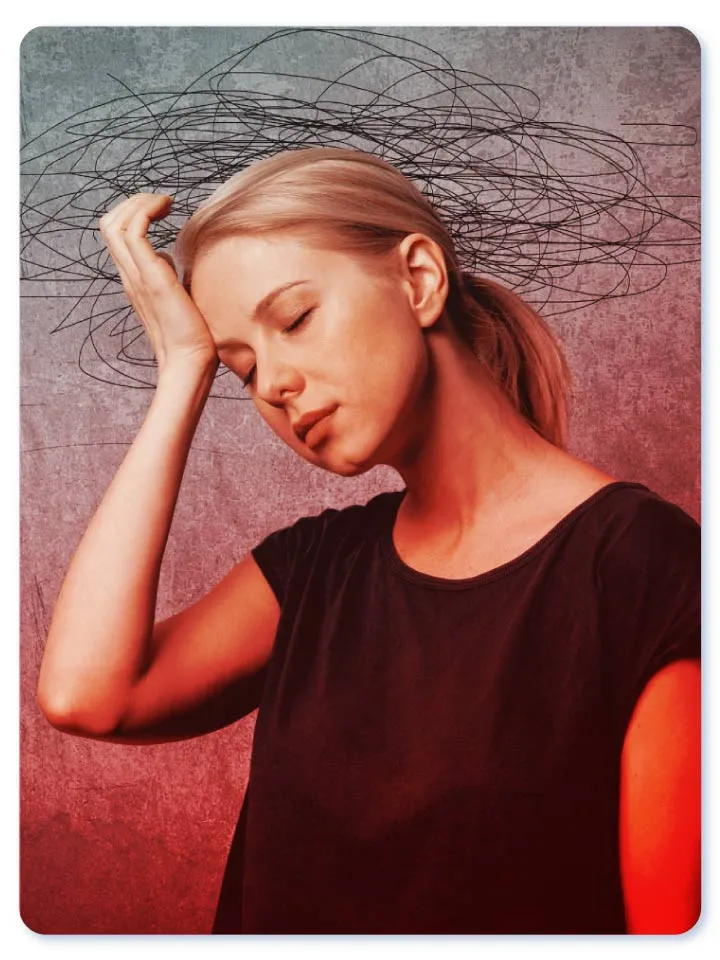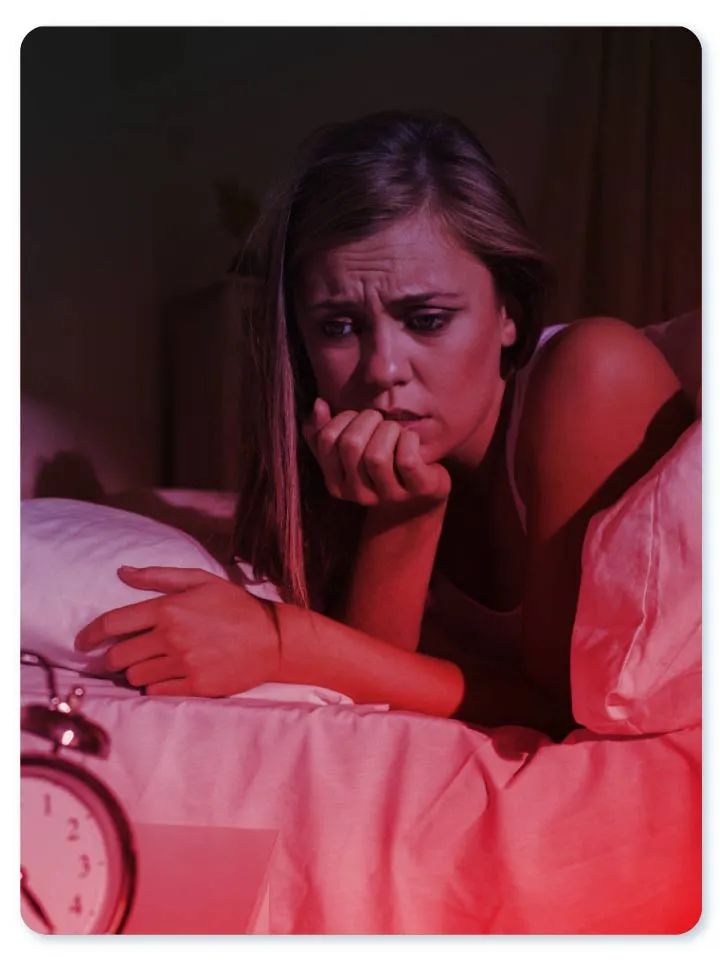Delusional Disorder

What is Delusional Disorder?
Delusional disorder or delusion disorder falls under the category of psychotic disorder. People with delusional disorder experience delusions, which are fixed false beliefs independent of factual evidence.
Delusional disorder affects only a small percentage of the population, Our team is here to provide evaluation and support. If you or a loved one exhibits symptoms of this condition, we are ready to assist. At Mid Cities Psychiatry, we are committed to helping you overcome this challenge. Our team of professionals is dedicated to providing delusion treatments for individuals facing delusion disorder.

Delusional Disorder Symptoms
Delusional disorder manifests itself through consistent delusions. Delusion is a deeply held false belief that doesn’t stem from factual reality. Delusions can be bizarre or non-bizarre.
Bizarre Delusions
They make you believe in situations that have nothing to do with reality, such as being controlled by aliens or thinking to have close connections with famous people.
Non-bizarre Delusions
They relate to conditions that can be true in real life but are often exaggerated, such as being spied on by others or receiving murder threats.A delusional person continues to maintain their beliefs against all contrary evidence, leading to distress that disrupts regular daily activities. Persistent delusions create profound effects on what you think and feel as well as how you behave. Interestingly, delusional disorder doesn’t alter your fundamental intellectual abilities or personal characteristics. Nonetheless, you are prone to experience the following signs of delusion as well:
- Feeling exploited or deceived without any evidence
- Distrusting your friends, family members, or partner
- Lack of insight that your beliefs are irrational or problematic
- Intense emotional reactions usually related to delusions, such as fear, distress, and anger
- Overly attentive behavior, interpreting usual occurrences as negative events that confirm your delusions
- Hostile and aggressive behavior
- Social isolation due to believing nobody understands you
- Fixating on defending your false beliefs
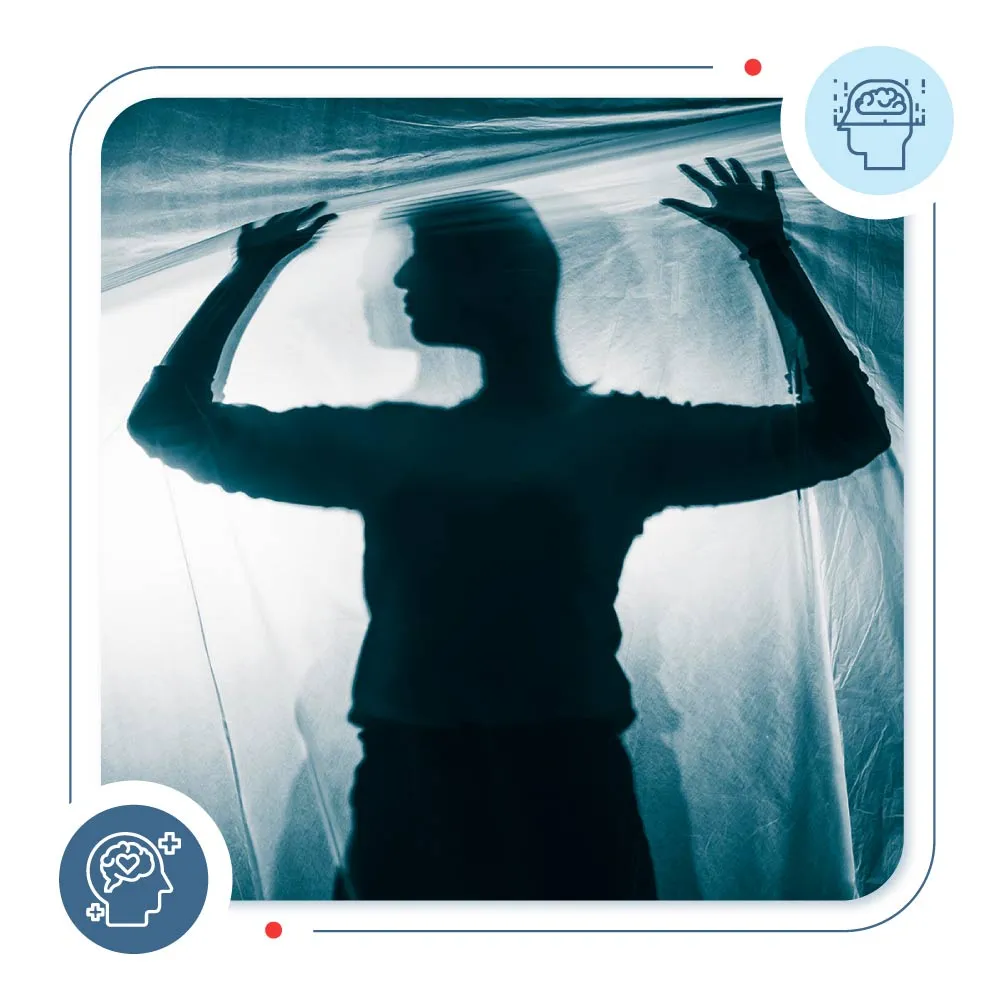

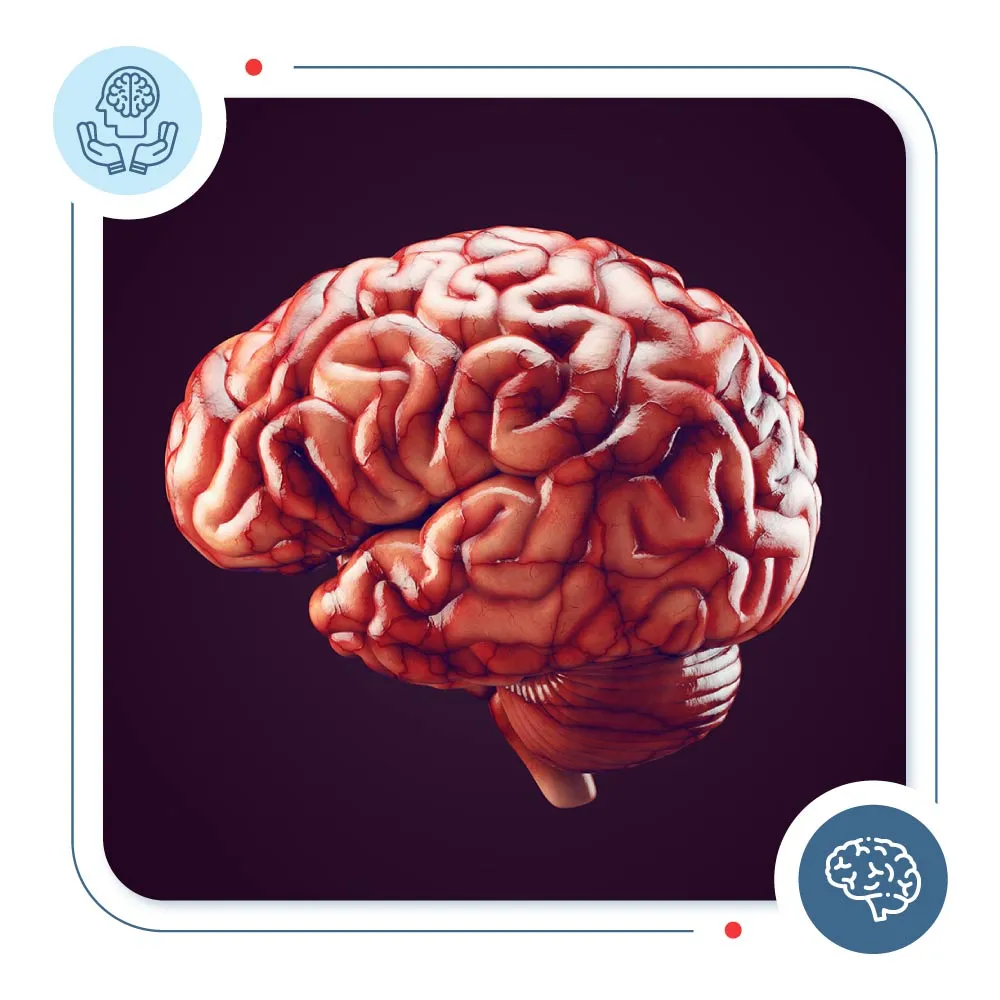
Causes of Delusional Disorder
Researchers continue to search for an identifiable pathogenic basis of delusional disorder, but no definitive cause has yet been established. Research studies couldn’t uncover what exactly initiates delusional syndrome, just like several other psychiatric illnesses. Even so, numerous risk factors increase the odds of delusional disorder, which include the following:
- If you have a known family history of delusional personality disorder.
- If you have specific abnormalities in your brain structure, researchers suggest that such variations in the size or activity of your brain can cause delusional disorder. However, actual brain scans couldn’t diagnose such malformations as of now.
- Some neurotransmitters, such as dopamine, serotonin, and glutamate, help your brain process information and emotions. Research investigations suggest a stronger link between higher levels of dopamine and enhanced potential for delusional disorder
- If you experience significant stress or trauma, especially in your childhood.
- If you are on specific medications or in the habit of substance abuse, such as alcohol or other recreational drugs.

Types of Delusional Disorder
The International Classification of Diseases includes delusional disorders among mental and behavioral disorders. Diagnostic and Statistical Manual of Mental Disorders DSM-5 defines several kinds of delusions, which depend on the type of belief the person holds.
Persecutory Type
It is the most common one and persuades a person that they are being targeted by others, such as being followed, harassed, or murdered.
Erotomanic
These delusions can make a person believe that a celebrity or a known religious figure is in love with them.
Grandiose Type
A person perceives having supernatural powers or special talents that are far beyond reality. For example, believing oneself to be a deity or a ruling monarch.
Jealous Type
In this type, a delusional person is convinced that their partner is cheating on them without definite proof.
Somatic Type
It instills a belief of having a physical illness or defect in the body, contrary to the provided medical evidence.
Thoughts Disorder
They include thought broadcasting, where one’s thoughts are transmitted and heard externally by others, and thought insertions, where some outside force is implanting thoughts in one’s mind.
Mixed Type
It comprises more than one of the above-mentioned types, with none of them predominating over others.
Unspecified Type
The delusions that occur but can’t be categorized strictly under one of the above-mentioned types.
Treatment for Delusional Disorder
Mid Cities Psychiatry is one of the best mental health treatment centers in Euless. With the latest interventions, our approach to mental health care has become more precise than ever. We always deliver evidence-based mental health services. Our experts treat all kinds of delusional disorder symptoms and offer you comprehensive mental health therapy options.
- Psychiatric medications
Antipsychotics
Antidepressants
Mood stabilizers
- Psychotherapy
Individual therapy
Cognitive Behavioral Therapy CBT
- Innovative Techniques
Transcranial Magnetic Stimulation therapy TMS
Electroconvulsive Therapy ECT
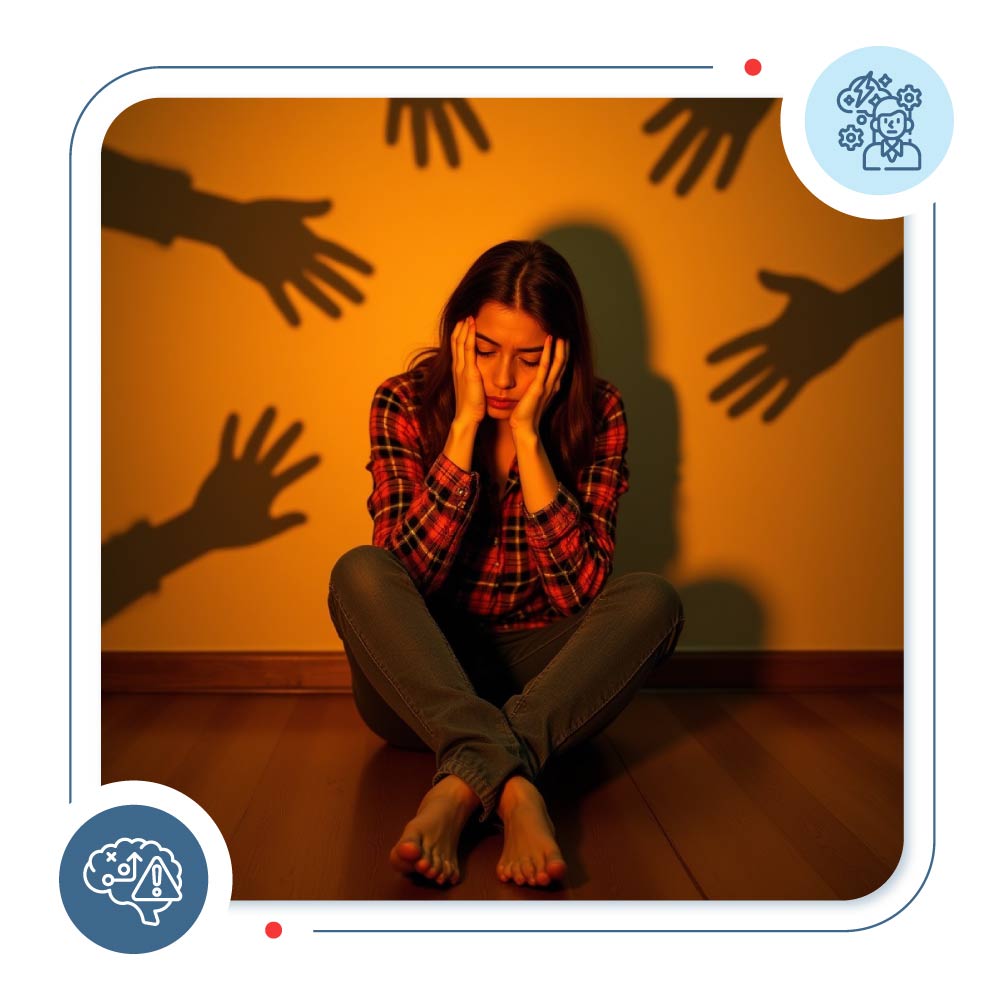

FAQs
01
Does delusional disorder affect men more than women?
Delusional disorder shows no preference in terms of sex because it impacts both males and females equally.
02
How is delusional disorder different from schizophrenia?
Delusional disorder produces similar delusional symptoms yet remains distinct from schizophrenia because it has neither hallucinatory nor cognitive impairments.
03
Can delusional disorder be cured?
No, delusional disorder lacks a definitive cure, but it is manageable. Your symptoms are controllable through effective management practices.
04
What are the outcomes for delusional disorder?
The long-term outcomes of delusional mental illness depend on multiple factors, including the disorder type as well as its severity. Taking regular medical interventions improves the quality of life.
05
Can I live a normal life with a delusional disorder without treatment?
People who do not receive treatment for delusional disorder face damaging effects that include social withdrawal, relationship problems, and emotional challenges. Through treatment, care providers assist patients in managing their symptoms while enhancing everyday functioning.
Real Stories, Real Recovery





We provide a comprehensive care provision for the most common mental issues people struggle with, such as PTSD, ADHD, OCD, anxiety, depression, sleep disorder, schizophrenia, and numerous other mental health conditions.



